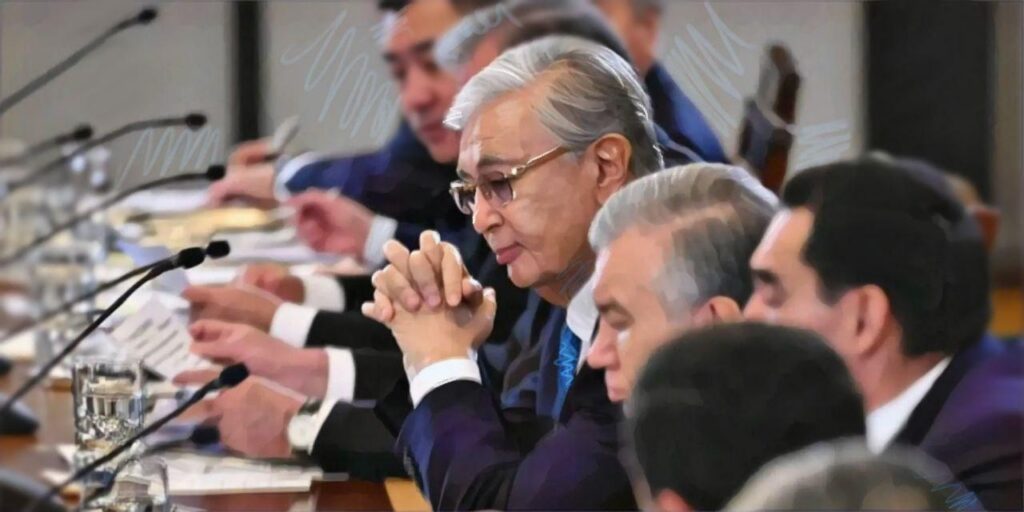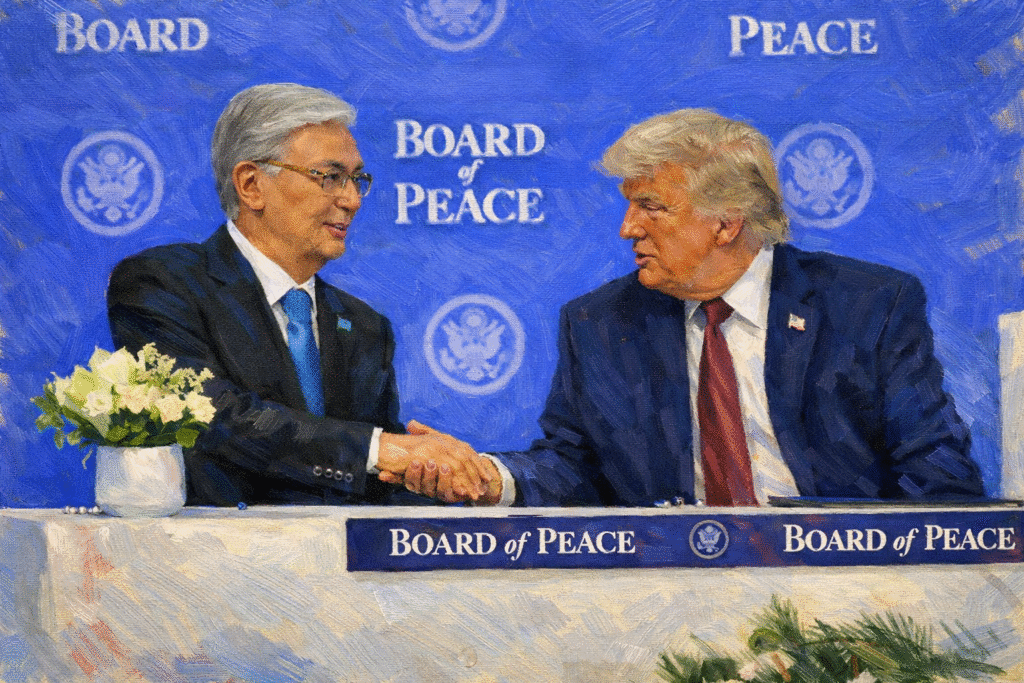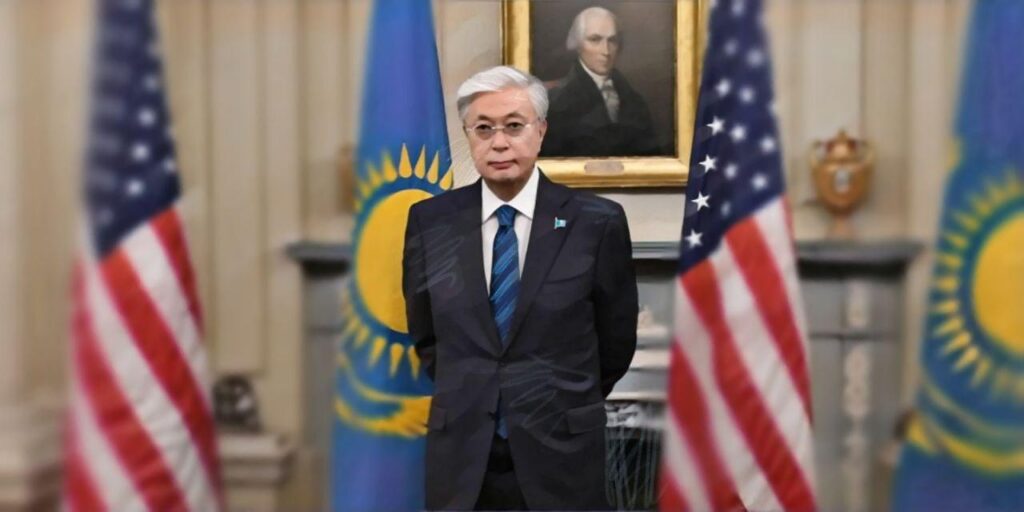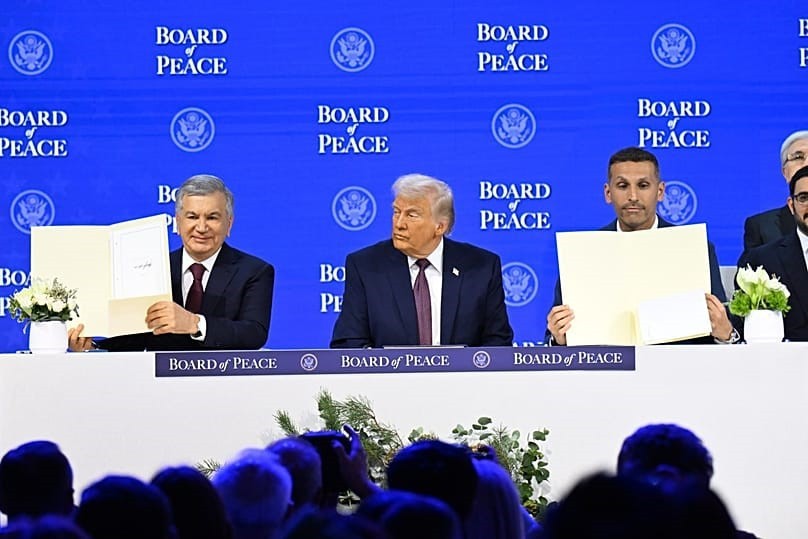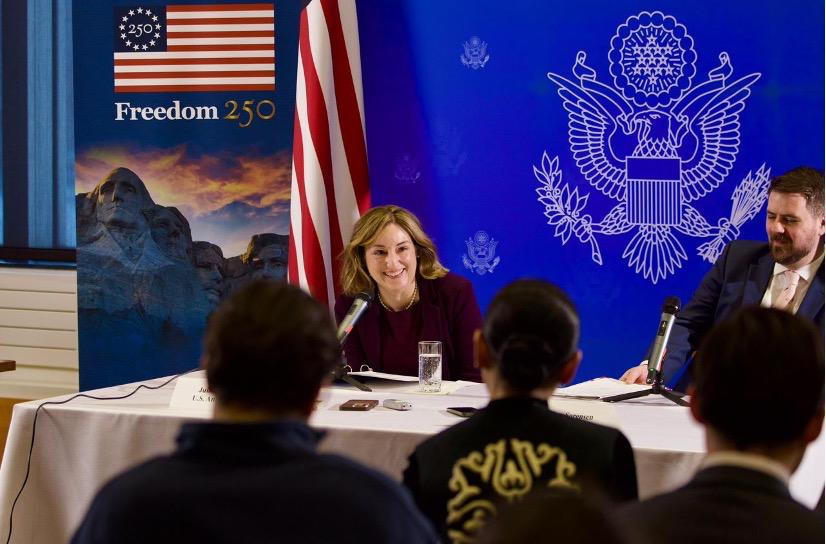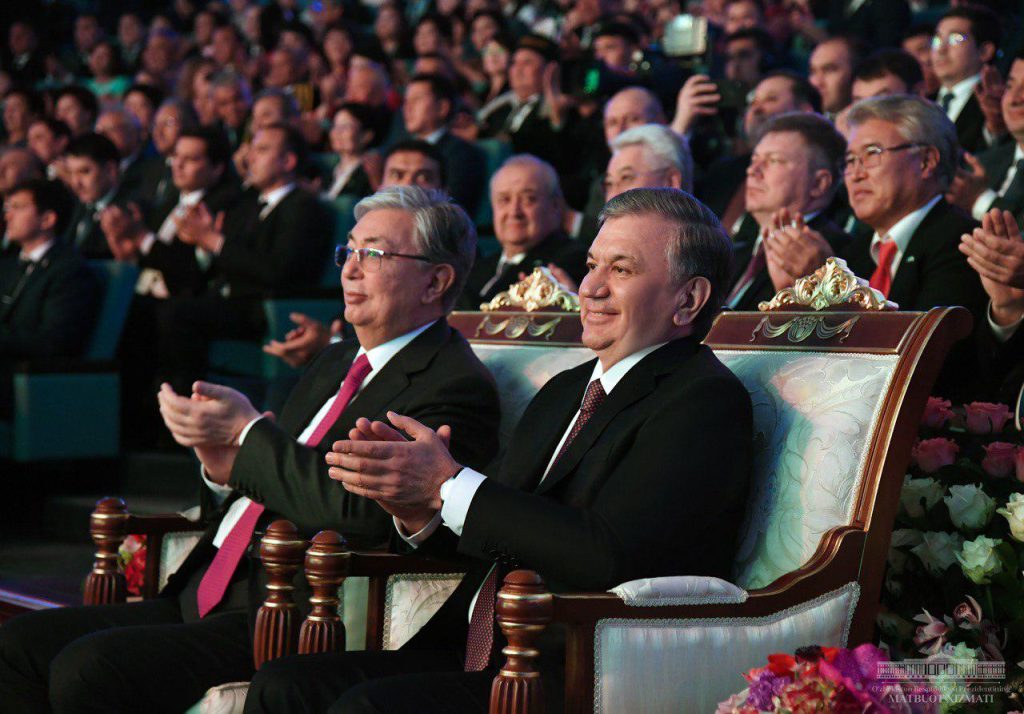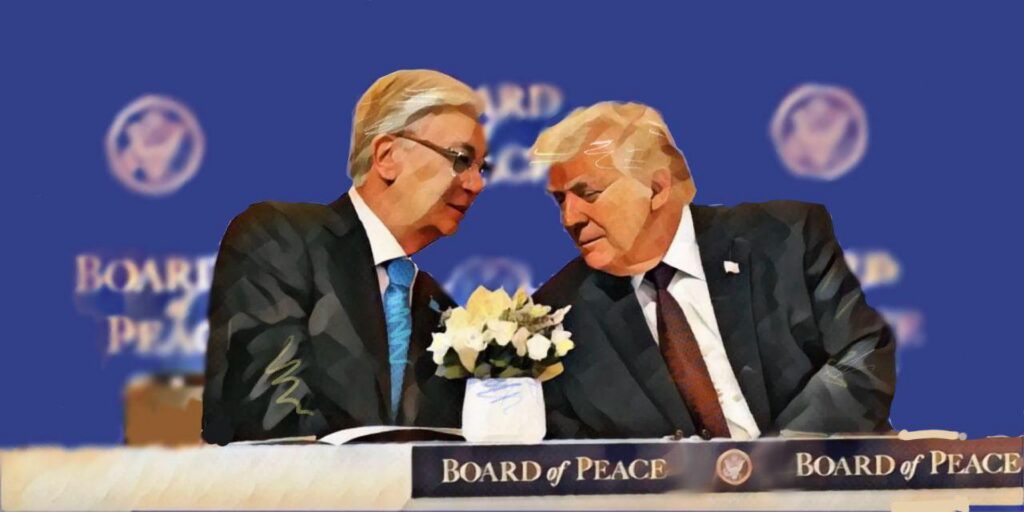On January 20, U.S. President Donald Trump signed an executive order suspending funding for most foreign aid programs for 90 days. The move has raised concerns among non-governmental organizations (NGOs) in Central Asia, particularly in Kazakhstan, which has long benefited from U.S. assistance.
The order reads: “All heads of departments and agencies responsible for United States foreign development assistance programs shall immediately suspend new commitments and disbursements of development assistance funds to foreign countries and non-governmental implementing organizations, international organizations, and contractors pending a review of such programs for effectiveness and consistency with United States foreign policy to be conducted within 90 days of this order.”
Following this directive, U.S. Secretary of State Marco Rubio instructed all diplomatic and consular agencies to issue “stop-work orders” for nearly all active foreign assistance programs.
Impact on Kazakhstan and Central Asia
According to reports, the funding freeze is expected to affect university grant programs, entrepreneurial initiatives, gender diversity projects, and environmental efforts. The Trump administration has justified the decision by citing the need to reassess spending priorities.
Kazakhstan and other Central Asian countries have received U.S. aid for decades. USAID, in particular, has played a significant role in regional development. The agency’s website states:
“In Kazakhstan, USAID promotes the U.S. government’s Central Asia Strategy, which supports and strengthens the sovereignty and independence of Central Asian countries, both individually and collectively. It also promotes regional connectivity between Central Asia and Afghanistan, advances the rule of law and respect for human rights, and improves the climate for U.S. investment to foster greater regional stability and prosperity.”
Since 1992, USAID has funded projects in Kazakhstan focusing on economic diversification, energy, environmental protection, healthcare, and support for media and NGOs.
In addition to funding NGOs, USAID collaborates with KazAID, Kazakhstan’s foreign aid agency operating under the Ministry of Foreign Affairs.
Reactions from NGO Leaders
Denis Dzhivaga, director of the Kazakhstan International Bureau for Human Rights and Rule of Law (KIBHR), told The Times of Central Asia that the aid suspension had been anticipated.
“Such a measure was expected,” said Dzhivaga. “Even during the election campaign and Trump’s previous presidency, it was clear that he prioritized domestic policy over foreign influence. All NGOs working with USAID and receiving State Department assistance have received letters to halt projects.”
However, Dzhivaga noted that KIBHR has limited cooperation with U.S. agencies, so the impact on his organization will be minimal.
“In any case, this will negatively affect the NGO sector. The suspension is for three months pending an audit, but even USAID does not seem to know what will happen afterward. I don’t think U.S. assistance to Kazakhstan and Central Asia will stop entirely, but certain projects may be reconsidered – especially those related to discrimination, gender issues, and LGBT rights, as President Trump has already expressed opposition to such initiatives.”
Replacing U.S. funding with alternative grants will be challenging, he added.
“European donors are already struggling to finance Ukraine, so they are unlikely to allocate substantial funds elsewhere. Many U.S.-backed projects were valuable, though some USAID initiatives were controversial. There were questions about where the money was going, and in that sense, Trump’s skepticism is understandable.”
Dzhivaga also pointed out the logistical difficulties NGOs will face.
“Budgets are planned annually, and the current year has already begun. International organizations cannot instantly revise financial plans, so many NGOs will struggle in 2025. If Trump remains in office for the next four years, we can expect further cutbacks in areas his administration does not prioritize.”
Immediate Consequences
Kazakhstan is already experiencing the effects of the funding freeze. On January 26, students enrolled in the ‘English for Journalists’ course received the following notice:
“Dear students, please be advised that the project has been suspended, including all regular classes and extracurricular activities, online and offline, until further notice.”
Similar concerns have arisen in neighboring Kyrgyzstan. Askar Davletbayev, an ecologist at the Institute of Biology under the Kyrgyz Academy of Sciences, emphasized that nearly all environmental programs in the country rely on external funding.
“Ninety percent of our environmental projects are supported by USAID – research, legislation, everything. The Kyrgyz government has limited funds, so both NGOs and ministries turn to external donors. Most projects will likely shut down. For example, I received USAID and UNDP funding to restore [Asian goitered] gazelle populations. I purchased and bred the animals, but now I don’t know where we’ll find the money to continue.”
Legal Challenge to the Aid Freeze
There may still be a reprieve for Central Asian NGOs. A court in Washington has temporarily blocked parts of the Trump administration’s plan to freeze federal aid.
District Judge Lauren L. Alikhan ruled that the executive order could not be enforced until at least February 3, citing the risk of irreparable harm.
“The government does not fully understand the scope of the programs affected by this decision,” Judge Alikhan stated.
For now, NGOs in Kazakhstan and Central Asia remain in limbo, awaiting further developments as the U.S. reevaluates its foreign aid commitments.

